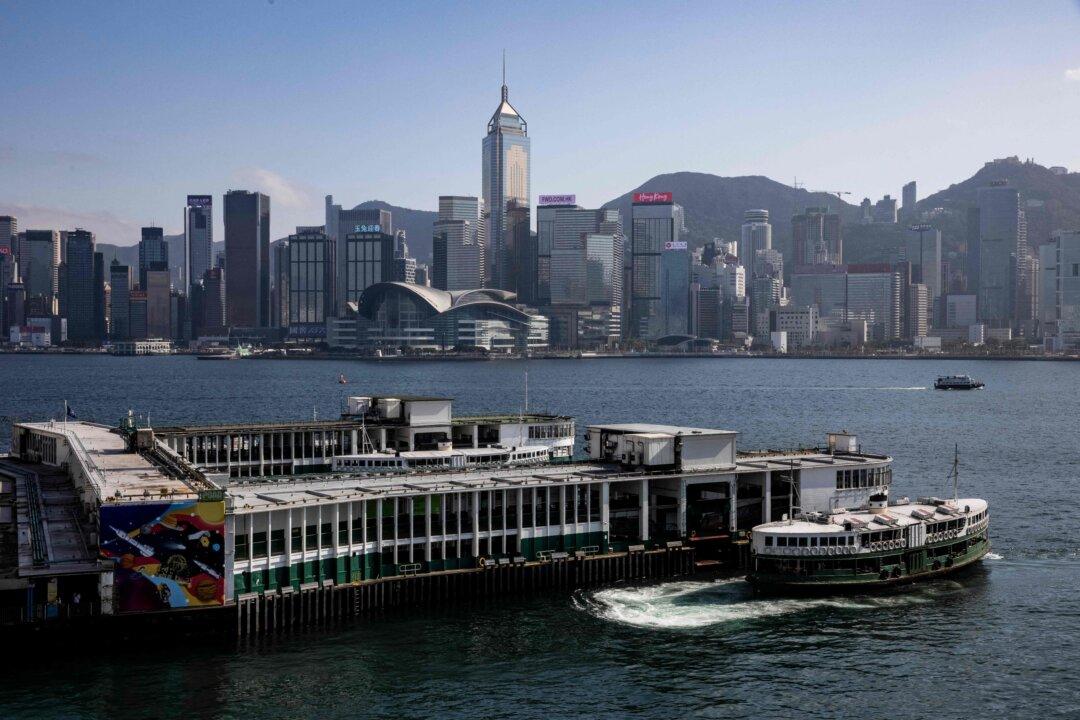Hong Kong’s special international status faces challenges as the World Trade Organization (WTO) recently reviewed its trade policies, amid the West’s concern over the erosion of its autonomy after the introduction of the National Security Law.
The World Trade Organization conducted its ninth review of Hong Kong’s trade policies and practices between Dec. 6 and Dec. 8. This review, discussed by the WTO’s Trade Policy Review Body based on reports from the WTO Secretariat and the Hong Kong authorities, aimed to assess and discuss Hong Kong’s trade policies in the context of global trade norms and practices.




